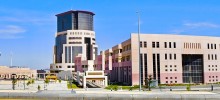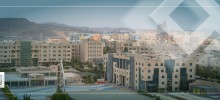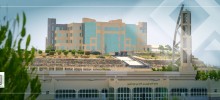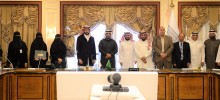University "ePrints" Team Digitizes and Electronically Archives Nearly 1,100 Older, Paper-Based Research Documents
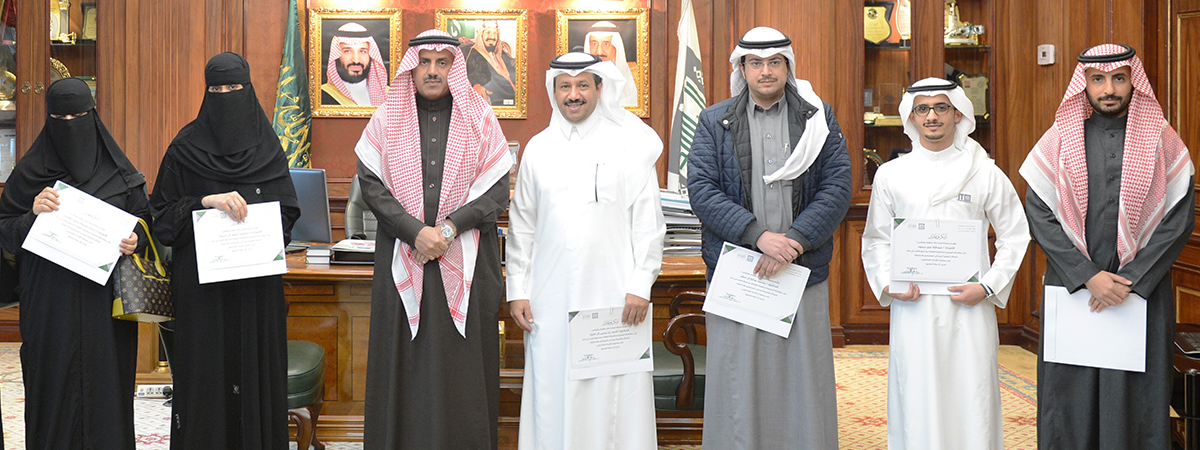
His Excellency, King Khalid University Rector Prof. Falleh Al-Solamy, honored the ePrints team for completing nearly 1,100 document uploads. ePrints is a system that allows paper documents to be digitized and stored in electronic form for posterity and later use or reference. The university uses ePrints to archive digital versions of older paper-based masters and doctoral theses on an ongoing basis.
The original version of ePrints was designed and developed by the School of Electronics and Computer Science at the University of Southampton (SOTON). The latest version of the program (ePrints 3) is a joint development project by SOTON in cooperation with King Khalid University. This cutting-edge technology allows users to search the database and share information as necessary and appropriate.
This ePrints team is led by the Dean of Postgraduate Studies, Dr. Ahmed Al-Fayea, in collaboration with the Deanship of Library Affairs and the General Department of Information Technology. Dean Al-Fayea stated that the team completed the uploads within a four-month period. These documents also include abstracts and translated versions. He stated that new thesis submissions are archived using ePrints as a matter of course, preserving older papers electronically is a high priority. "Using ePrints allows for secure preservation while giving academia and the general public greater access to research information," he said.
The Rector expressed his gratitude to the entire team for archiving nearly 1,100 older papers in such a short amount of time while keeping up with the current workload. The Dean of Postgraduate Studies and the ePrint Team expressed their gratitude to His Excellency Rector Al-Solamy and the Vice Rector of Postgraduate Studies and Scientific Research, Prof. Saad Al-Amry, for their continuous support.
ePrints represents a substantial expansion of the university's capabilities in academic research. Research for the purposes of scientific and economic development are a high priority for the Kingdom and a fundamental educational goal of Vision 2030. King Khalid University is committed to the continuous improvement of its programs and capabilities to enhance education to assure that national development goals are achieved.

